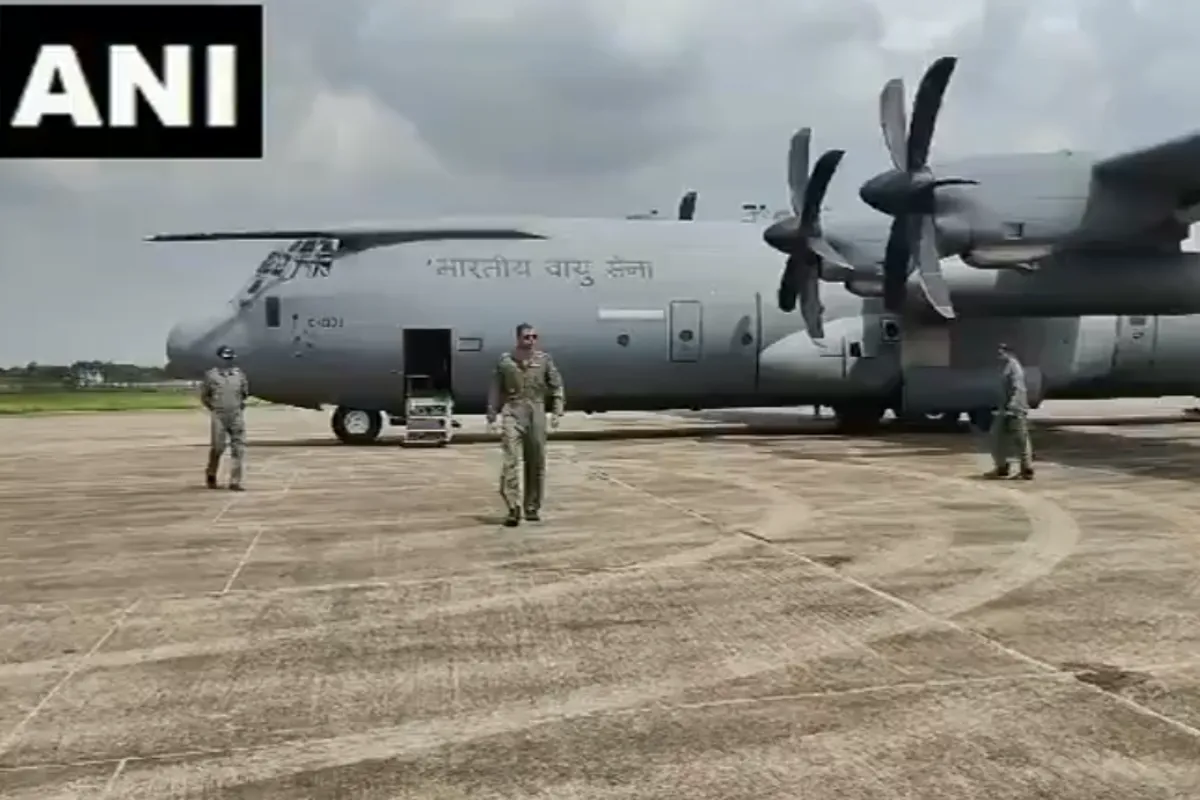Tragically, 45 Indian people lost their life in a terrible fire in Kuwait. Their dead remains have been brought back by the Indian Air Force. Union Minister Kirti Vardhan Singh verified via X that the special aircraft transporting the bodies touched down at Cochin International Airport at around 10:30 am today.
Mortal Remains Return to Kerala
The lifeless remains of the killed Indians were transported out of Kuwait by the Indian Air Force’s special jet early on Friday morning. A solemn scene emerged as teams of police and medical professionals were sent in to control the atmosphere and help with the respectful transport of the dead upon arrival at Cochin International Airport.
DON'T MISS
Devastating Fire in Mangaf
The tragedy happened on Wednesday in the southern Kuwaiti city of Mangaf, when a seven-story building housing 196 migrant labourers was completely destroyed by a fatal fire. Fifty additional foreign workers were injured in the incident, which claimed the lives of 49 people, including three Filipinos and 45 Indians. After a comprehensive field investigation, the Kuwait Fire Force concluded that the cause of the fire was an electrical short circuit.
Kuwait’s Response and Investigation
Kuwaiti authorities have vowed to conduct a prompt and thorough investigation into the incident. They have also assured full support in repatriating the mortal remains of the victims. In a bid to provide closure to the bereaved families, DNA tests are being conducted to conclusively identify the bodies of those who perished in the fire.
Identifying the Victims
On Thursday, the authorities in Kuwait confirmed the identities of the deceased, marking a crucial step towards their repatriation. The identification process has been challenging but vital, as it allows for the proper return of the remains to their families in India and the Philippines.
Keep watching our YouTube Channel ‘DNP INDIA’. Also, please subscribe and follow us on FACEBOOK, INSTAGRAM, and TWITTER.



